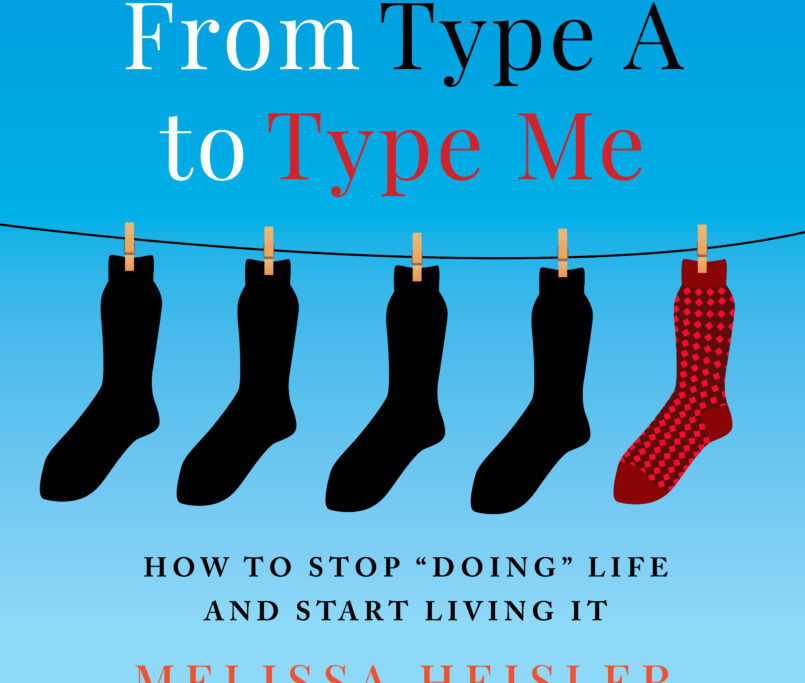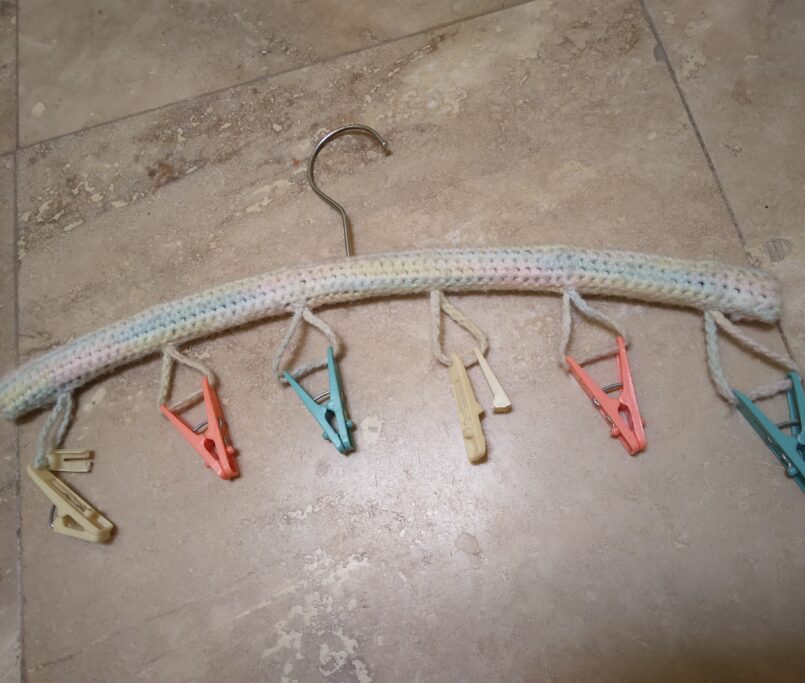Self-Compassion vs. Self-Esteem
As surely many of us are, I have been working on self-worth and self-love for many years. I would argue that most of us do not see and embrace our worth at the level we deserve. Even those who appear to be self-centered and self-focused, usually have an empty core of self-love within themselves.
Developing self-worth has always been a challenge for me. Of course, most of it is because I do not feel worthy of receiving, but the other challenge is that much of the advice on how to gain self-worth always seemed to be based on ego feeding. I compare it to Jack Handey’s “I’m good enough, I’m smart enough, and doggone it, people like me” mantra which just screams “me, me, me.” It feels disingenuous to have the focus on me in comparison to others revolving around transitory items like looks, accomplishments, and titles.
When I have worked with clients who have low self-esteem, they often told me that as soon as they become X or achieve Y then then will have worth. Or they make the case that because they don’t make enough money, give enough, or do enough they do not deserve. As many of these clients have children, I counter with, “your two-year-old does not have a job, a diploma, or a house of their own, therefore they do not deserve your love.” The client can’t help but agree that the child does deserve even though they haven’t “earned it,” yet the client often has a hard time accepting their own self-worth.

That is why I am thrilled to have run across Dr. Kristin Neff and her self-compassion work. It has taken me a few times to finally be able to “see” her work. I noted her in Brene Brown’s book The Gift of Imperfection and my dear friend Jane has repetitively spoke of Dr. Neff’s work. Guess I wasn’t ready to hear her message until now. I hope you are also ready for the message as well. In her TED Talk, Dr. Neff discusses the difference between Self-Esteem and Self-Compassion. I encourage you to check out her site and the talk.
Dr. Neff defines self-esteem as a “global evaluation of self-worth.” Self-esteem is focused on narcissism, comparison, and judgment. Self-compassion is based on kindness and oneness or connection. Self-esteem is conditional or contingent on success where self-compassion is unconditional.
Embracing self-compassion according to Dr. Neff takes kindness, common humanity, and mindfulness.
- Kindness: We need to stop beating ourselves up, stop berating our looks and abilities, and stop being harsh and judgmental of ourselves. Instead, we need to treat ourselves with the same kindness and compassion that we would give a dear friend or our child. To help us find unconditional acceptance and love, we need to be aware of and minimize our negative self-talk.
- Common Humanity: Instead of focusing on the narcissism of comparison, we need to notice and accept our shared humanity. To be human is to be imperfect, to be flawed – and that is ok because, heck, we are all in the same boat. I find focusing on loving myself and others in our mutual imperfection, also allows me to be more connected with others. That connection keeps me from isolation. It is in isolation that comparison, separation, and judgment of myself and others breeds.
- Mindfulness: This one surprised me when she brought it up in her talk. I am a big fan of mindfulness, but I had never pieced together how being mindful could assist with self-love. Dr. Neff explains how we are often not aware of our own suffering. I know I am a victim of this. I push through the bad times, beat myself up for feeling bad, and assume I just need to “get over it.” And yet, I would never treat a friend this way. If a friend is having a hard time, I would offer to help or at least give them a safe space to move through their feelings. Through mindfulness we can all recognize when we need the same support we freely give to others.
On Dr. Neff’s website there is a quiz to find out where you land on the self-compassion scale. Check it out and share your thoughts on self-compassion, where it comes from, and what you can do to bring more into your life. Try embracing self-compassion and see if it does not only improve your own experience but your relationships. I know it did for me.




